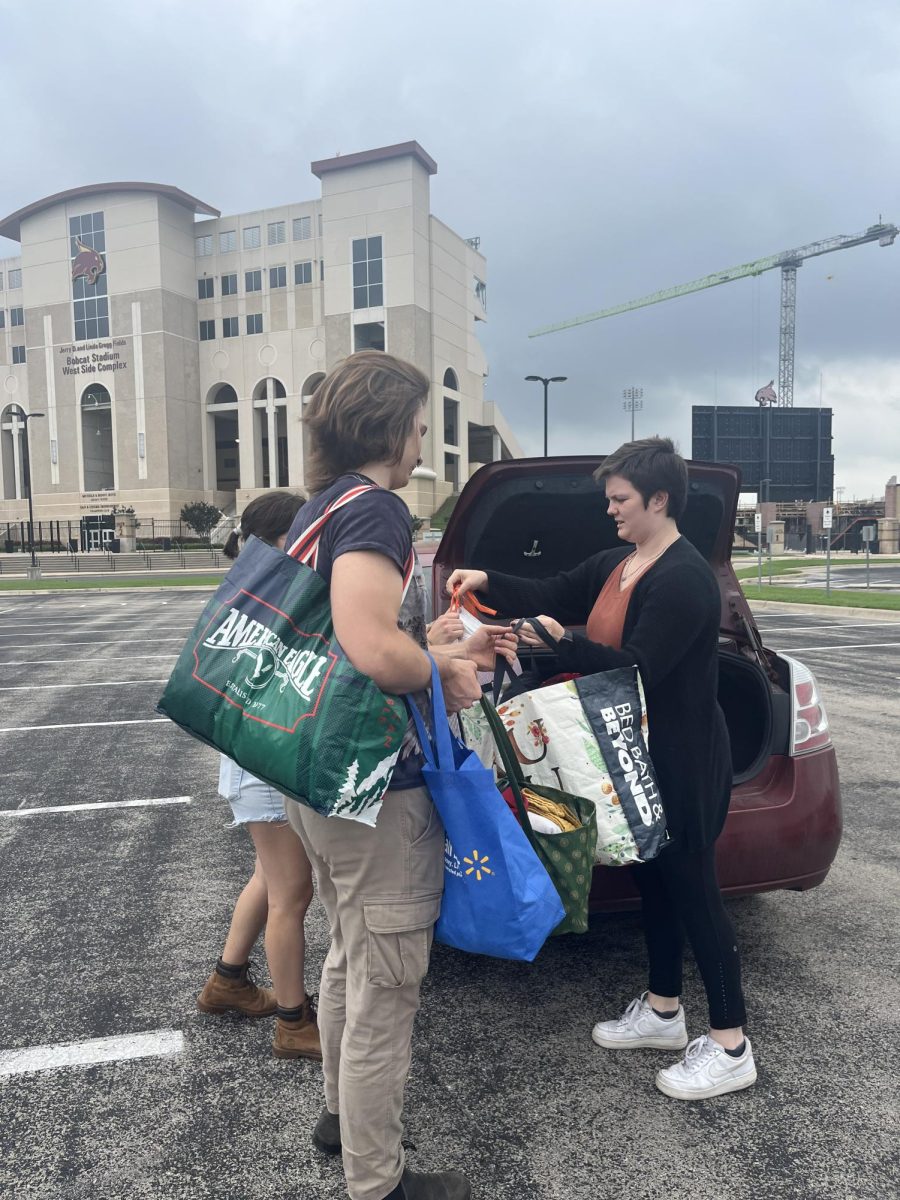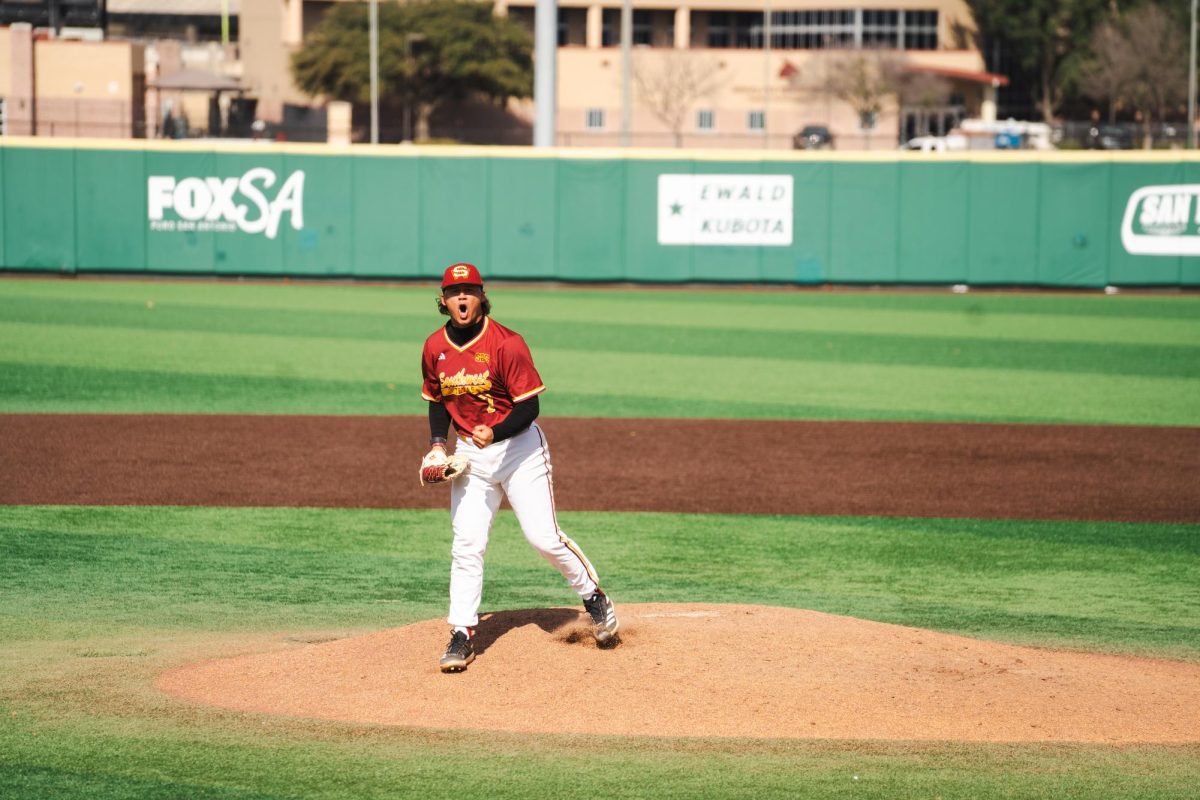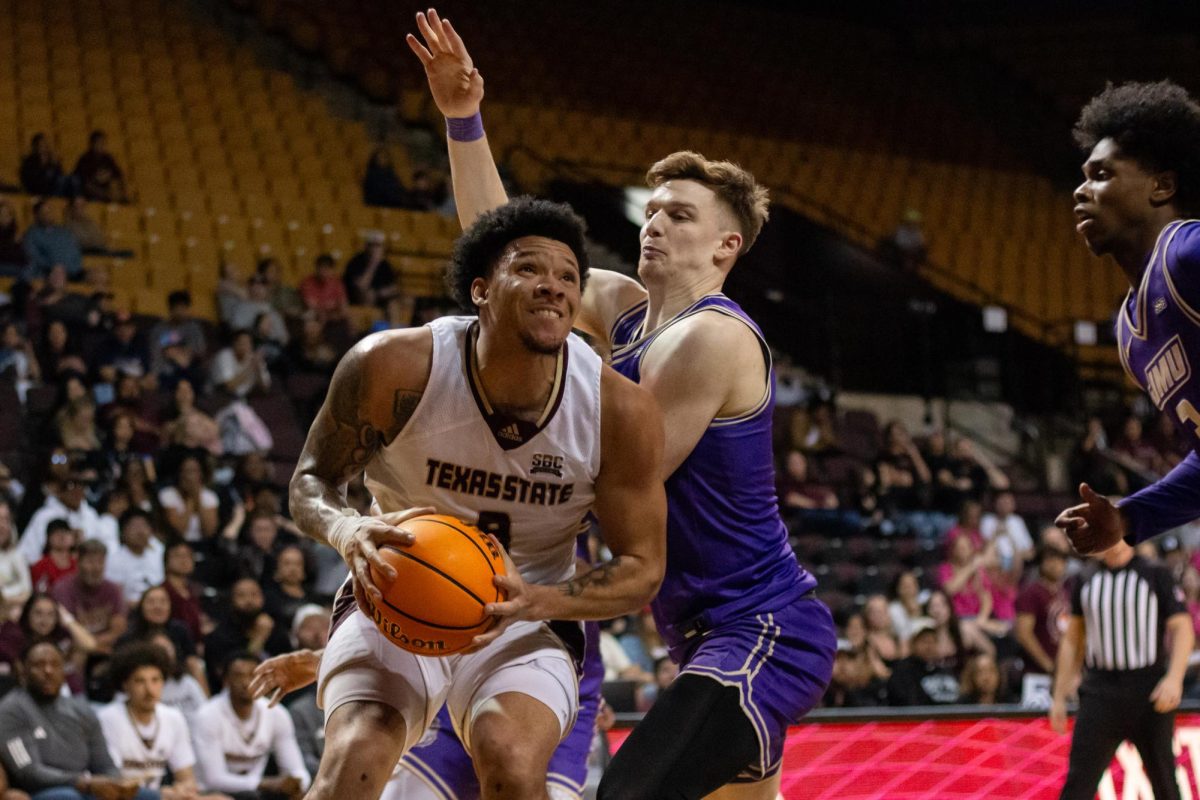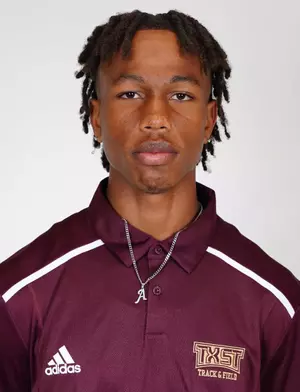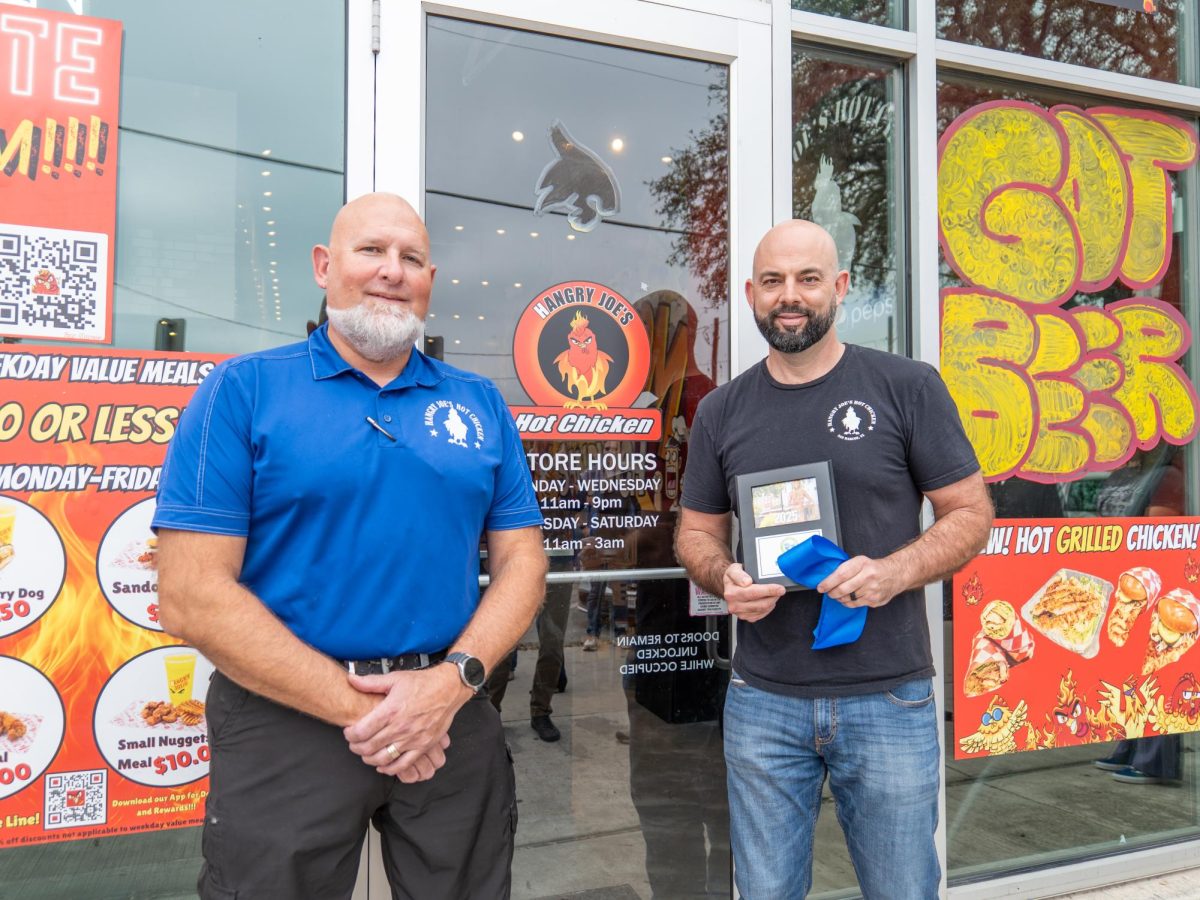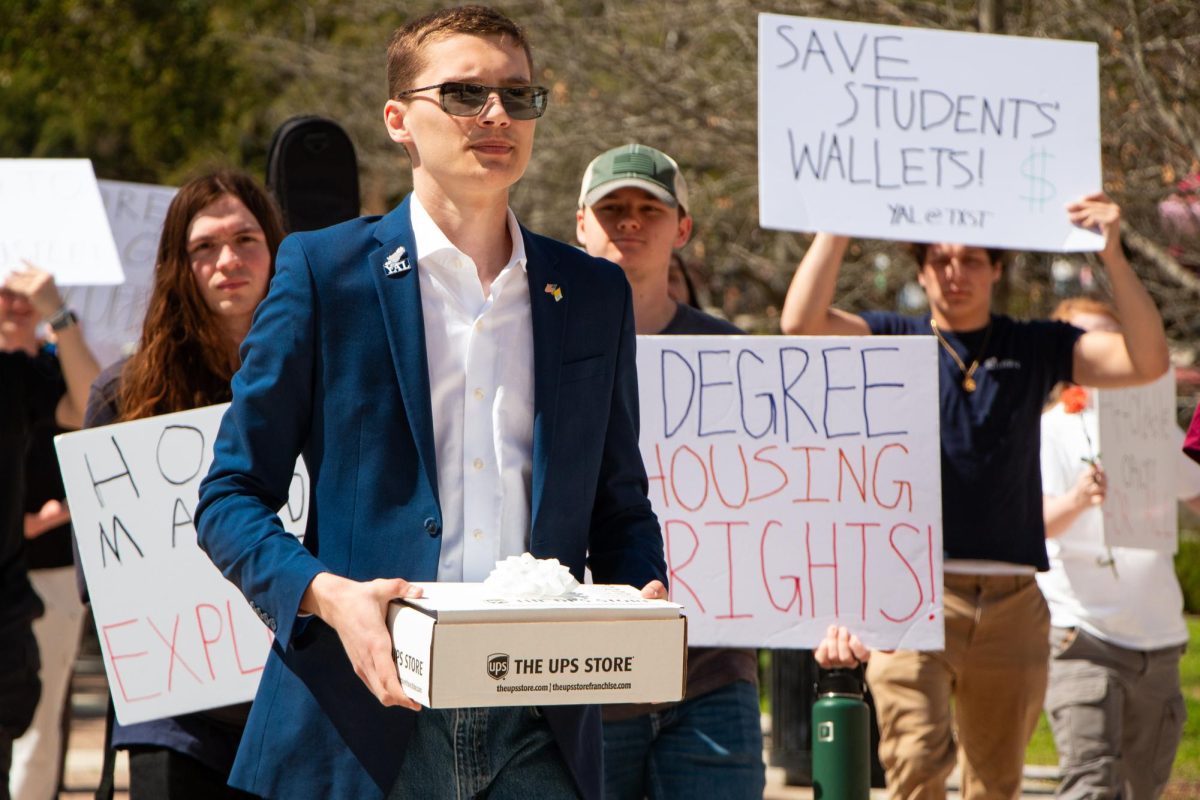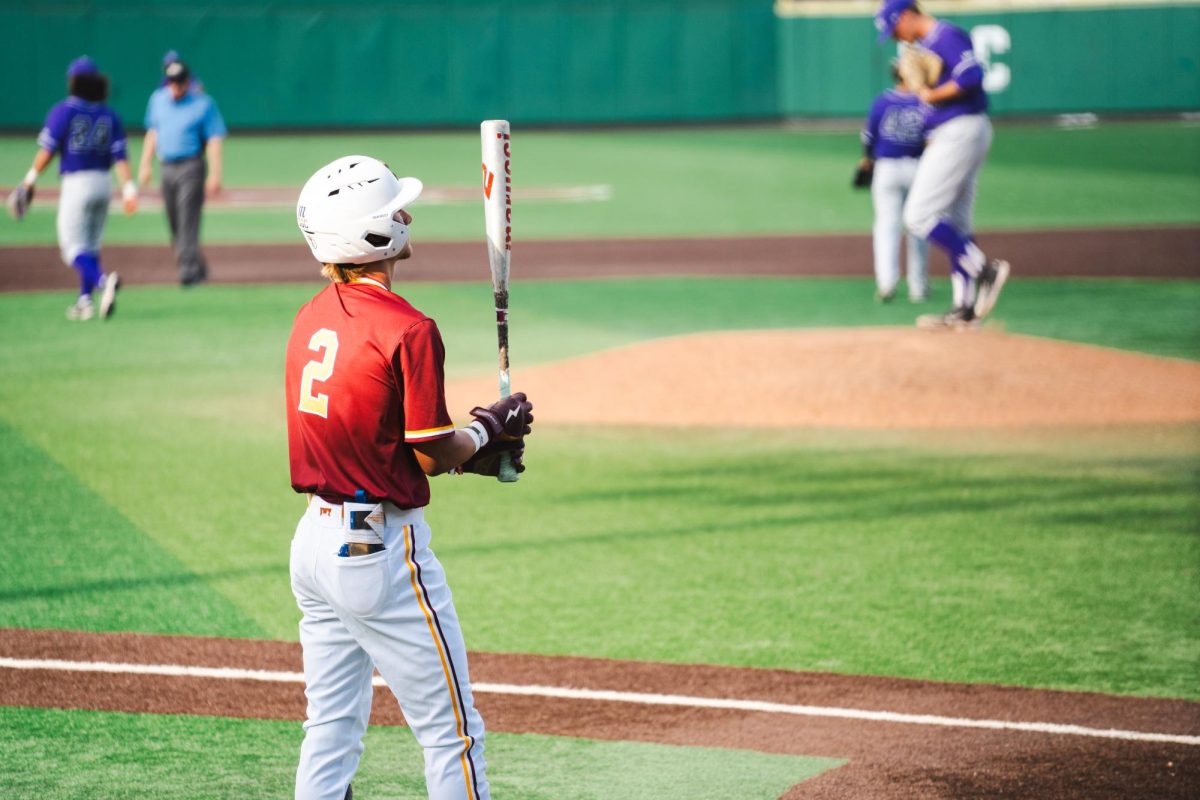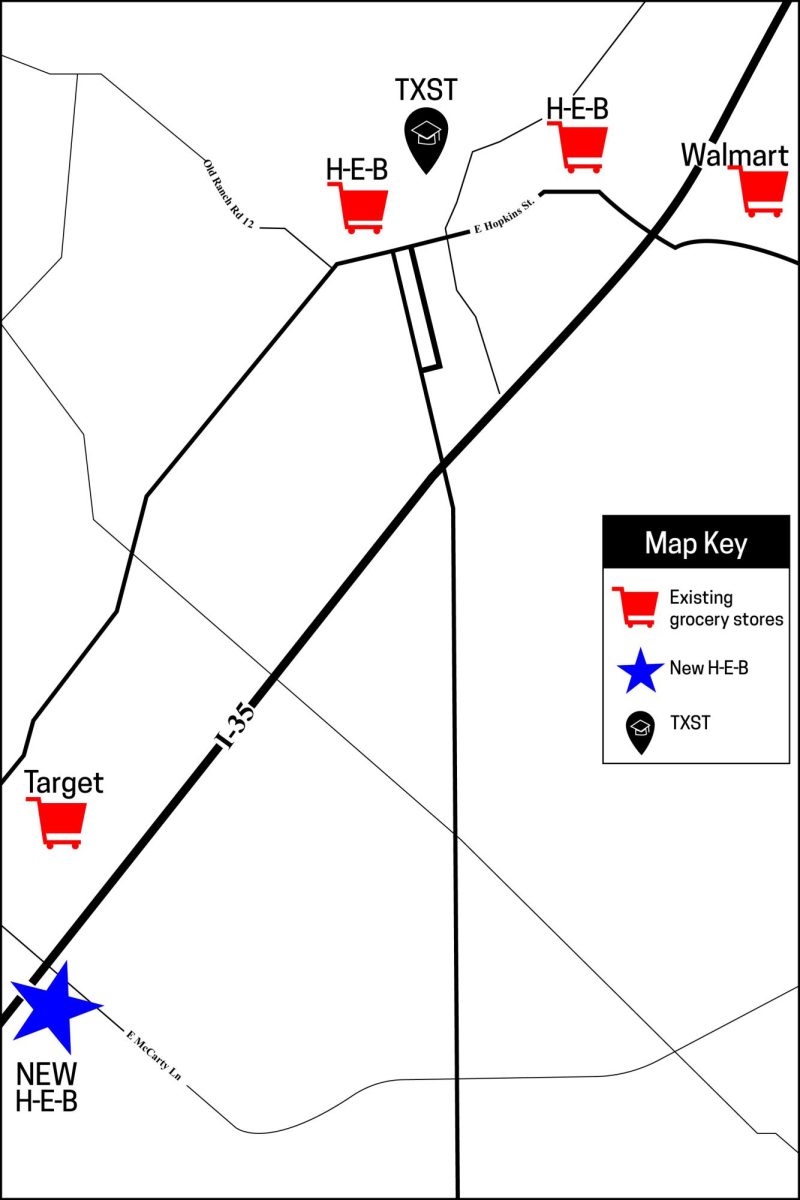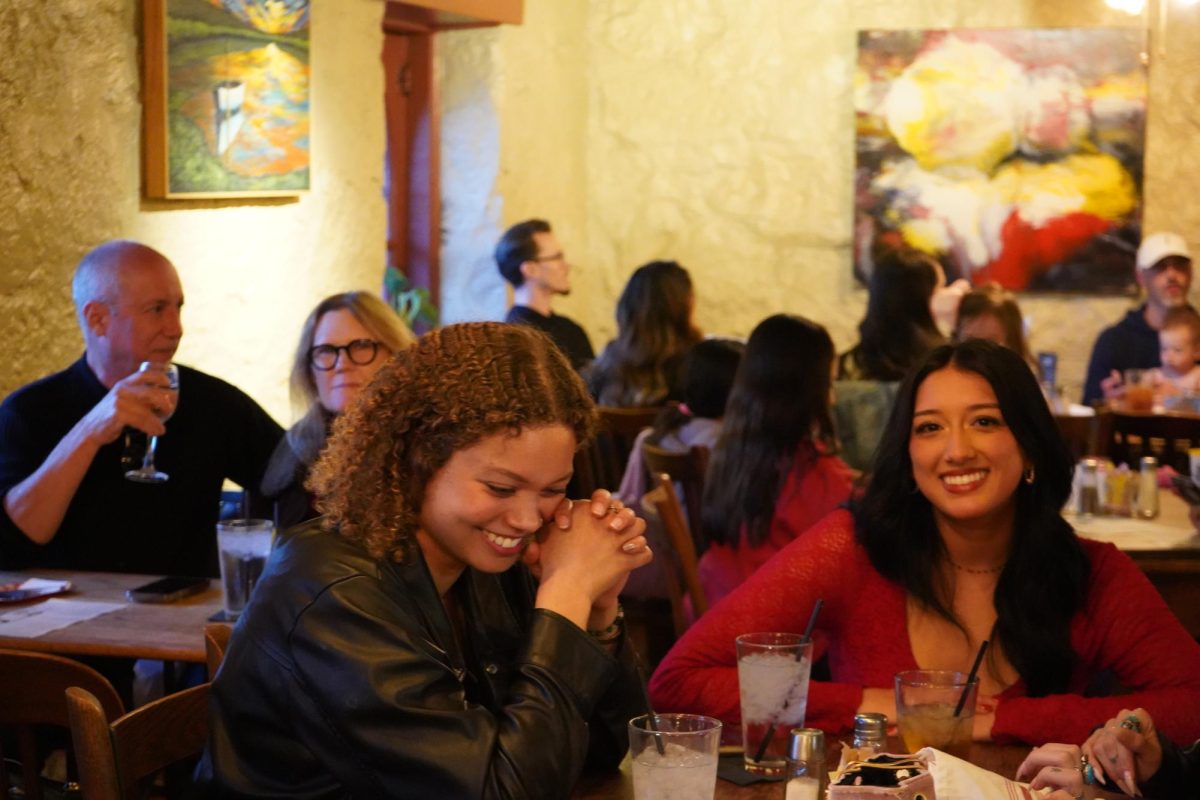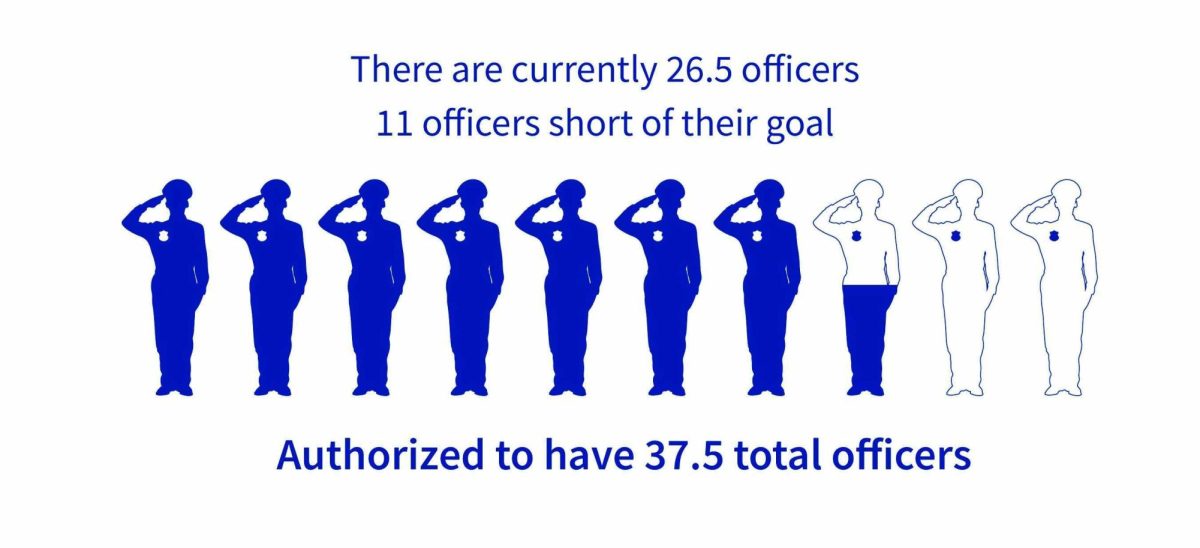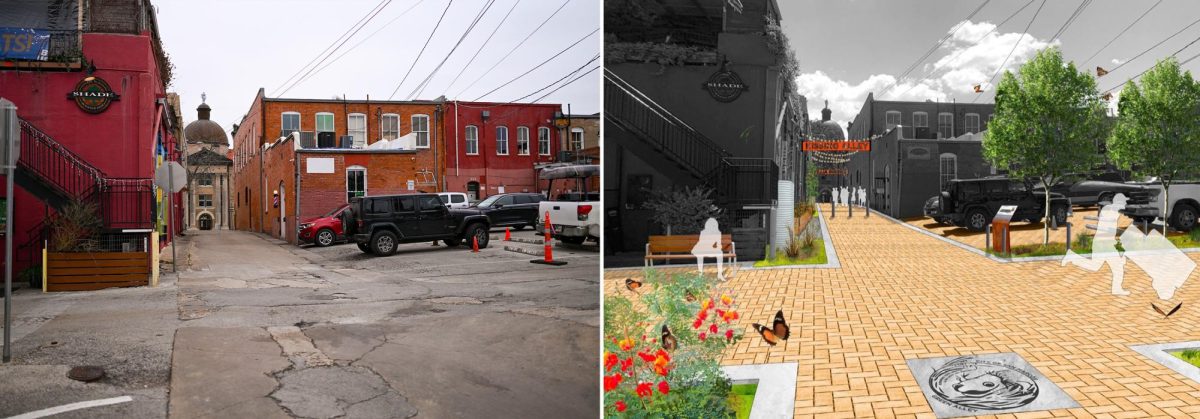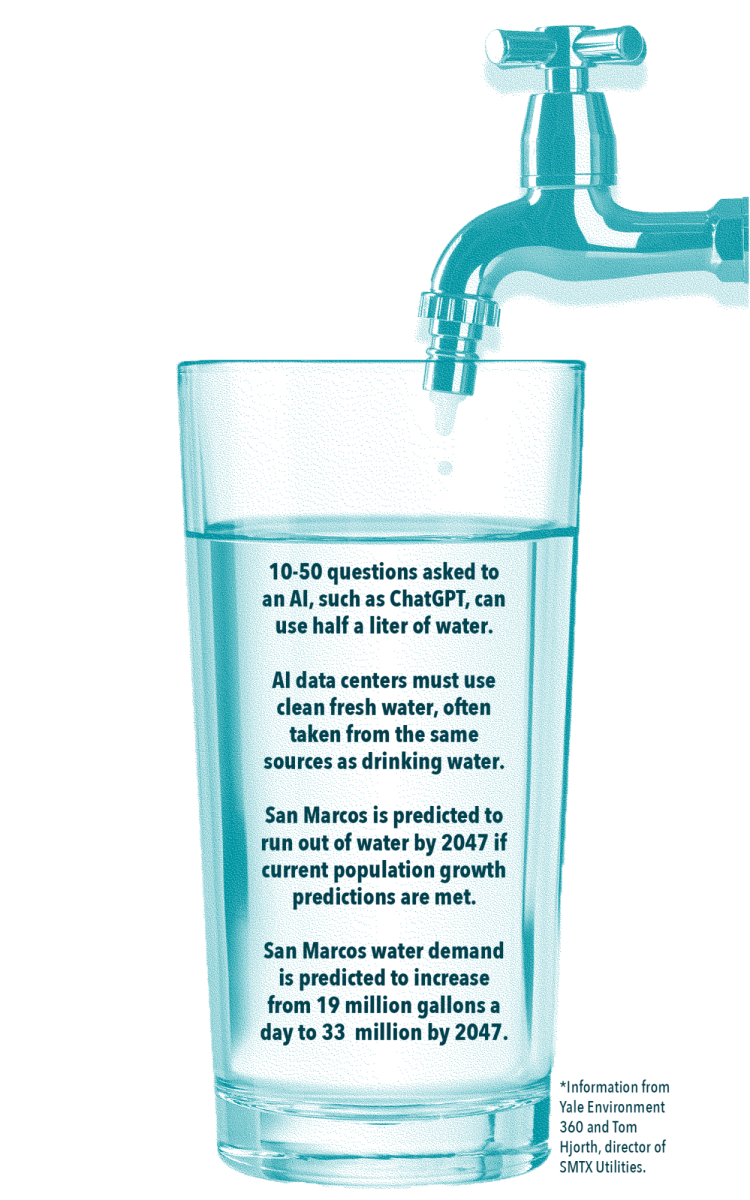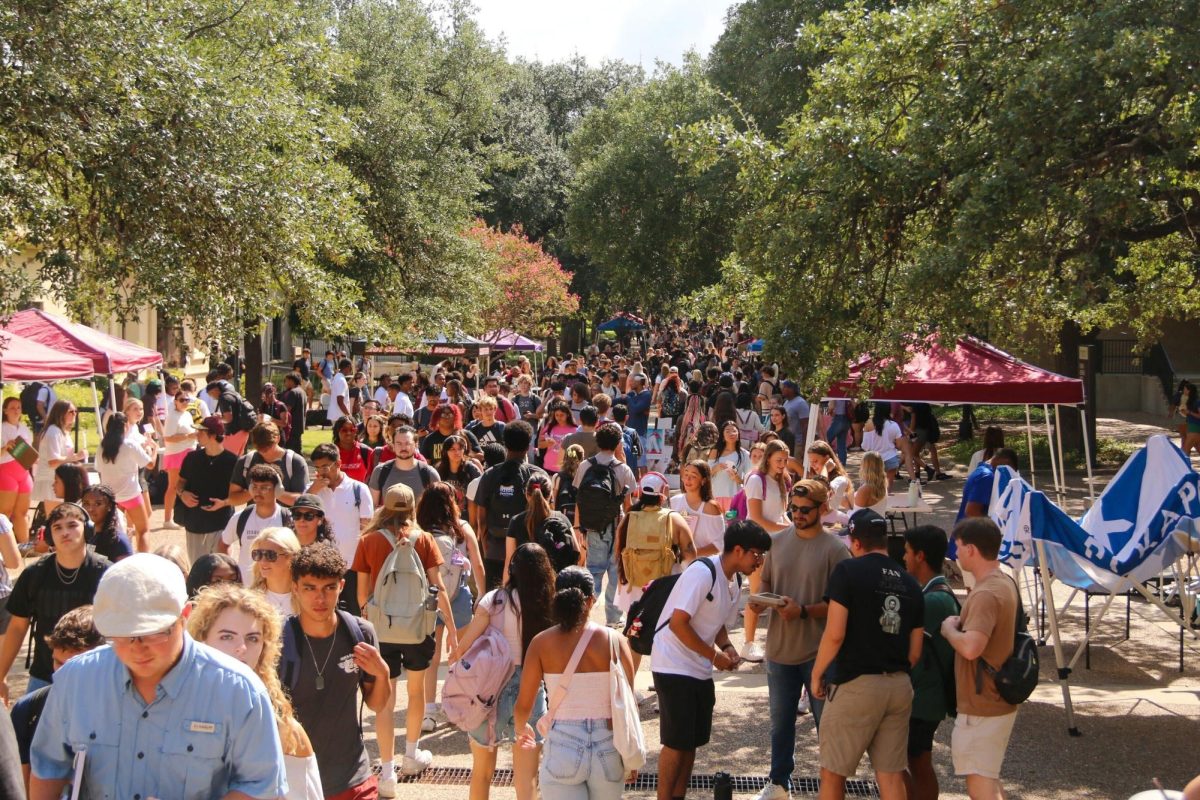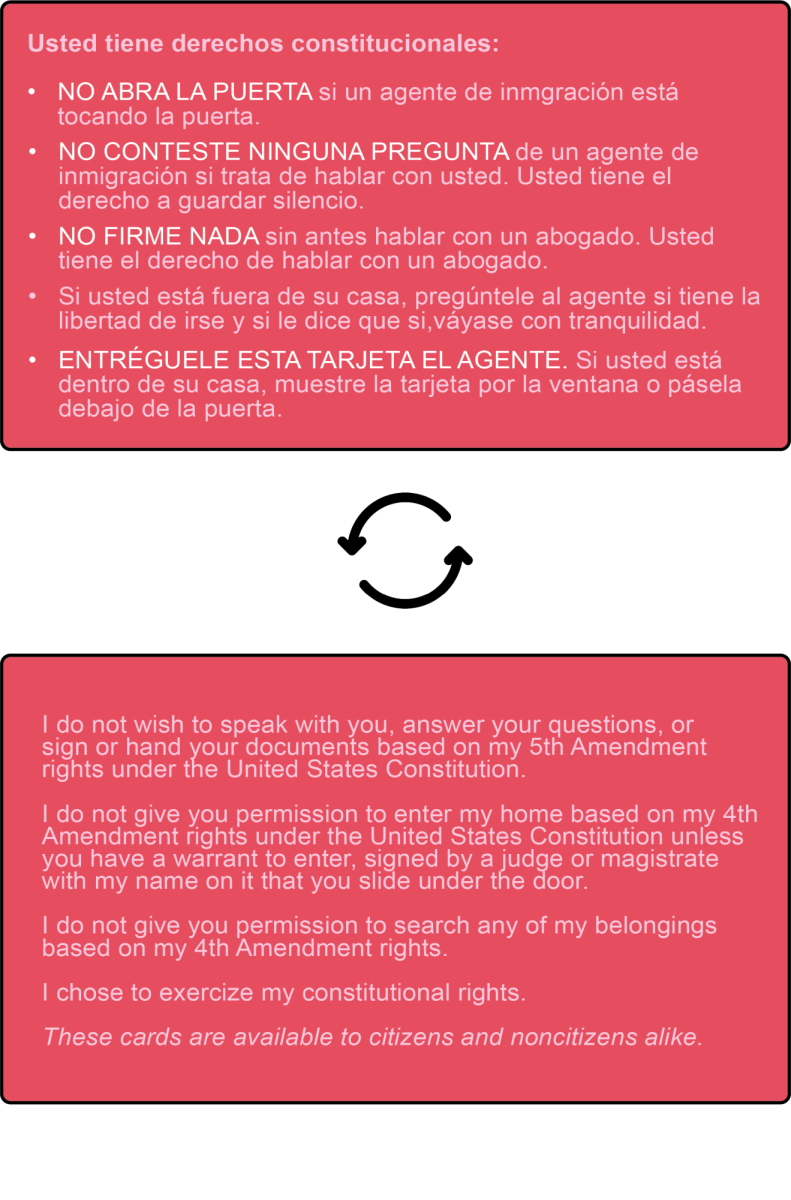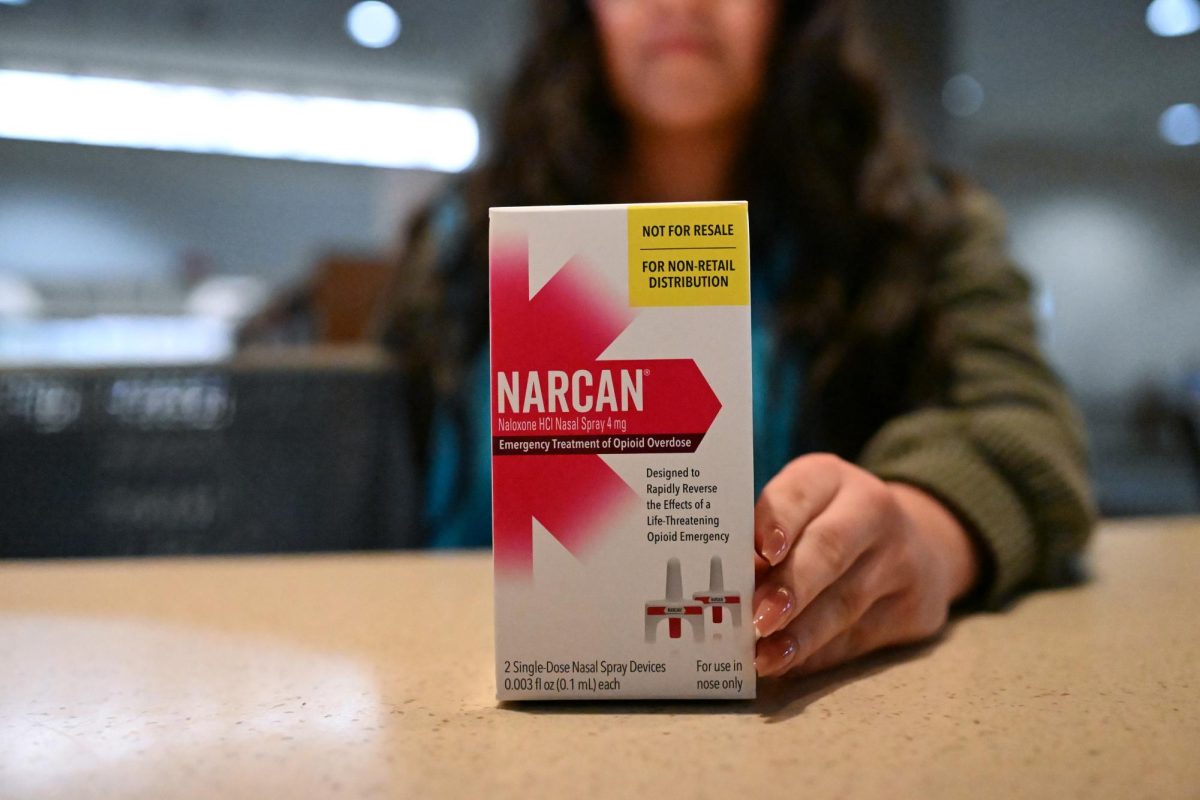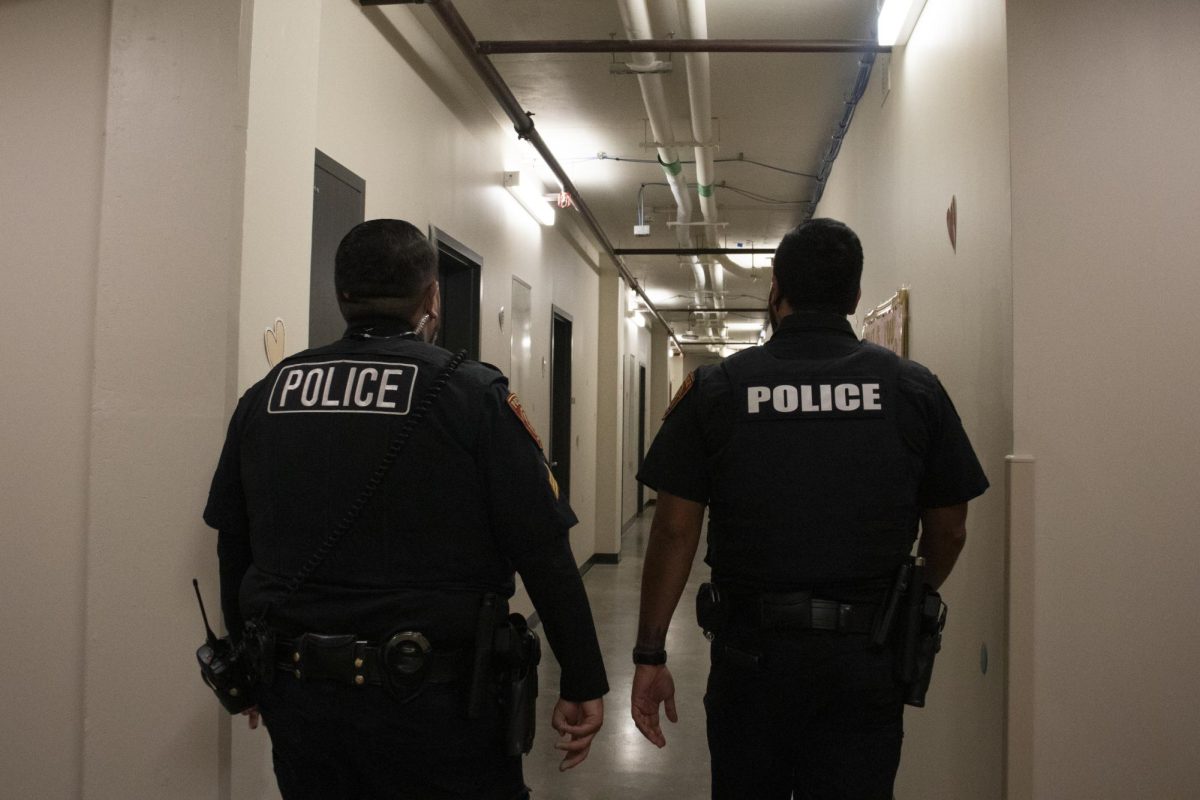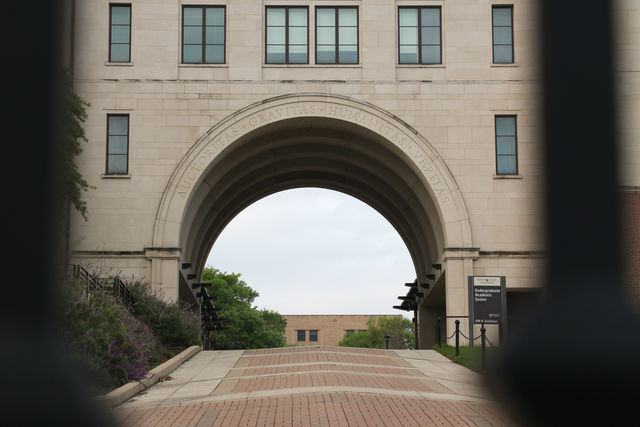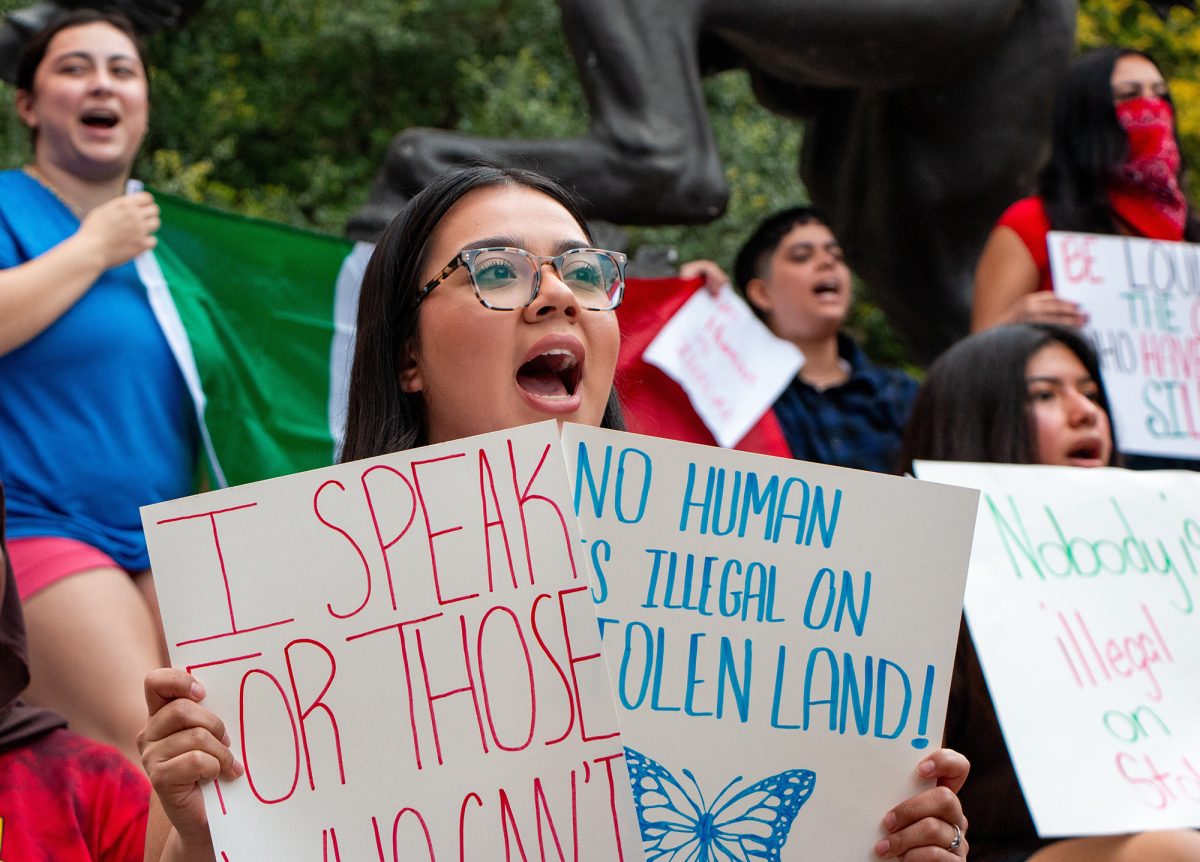As freshmen finish their first year in the dorms, they accumulate items they may never use again. The Bobcats Give Back program aims to decrease waste produced by students during residential hall move-out.
Bobcats Give Back is sponsored by the Office of Sustainability and provides stations in residential halls that allow students to donate unwanted items. In addition, Bobcats Give Back implemented a drive-thru collection at the UFCU Stadium parking lot to allow the operating team to collect more goods than trash.
“I’m more focused on quality this year than quantity, try not to break my back and lift some nasty stuff. So far we’ve gotten better quality of goods this year than quantity,” Sustainability Coordinator of Bobcats Give Back Emma Parsley said.
Bobcats Give Back has six different donation categories: wardrobe and accessories, home goods, electronics and small appliances, nonperishable food items, hygiene and home cleaners, bedding and towels. Parsley said clothes are the most common items donated.
“To see refrigerators end up in the trash is very disheartening,” Parsley said. “That just goes to the landfill and it sits there for thousands of years. So overall, as Texans I believe we should take more pride in Texas and our environment and be the stewards of that.”
Parsley said the goal of the program is to educate people on the amount of waste produced in Texas. According to Parsley, a Texas resident produces on average 4.5 to 6 pounds of waste a day.
“Ultimately my goal is to educate individuals and think about long-term use,” Parsley said.
Texas is facing a significant challenge regarding the management of municipal trash, Parsley said. During move-out, students are getting rid of items they no longer need resulting in an increase of waste in dumpsters and landfills.
“If we’re able to capture and recover perfectly good goods and give it back to people who need it, we’re ultimately helping decrease the university’s carbon footprint,” Parsley said.
This year, Bobcats Give Back offset 2,897.53 pounds from the landfill with 1249.90 pounds from textiles, according to President of the Sustainability Squad Jengo Russel.
“[Bobcats Give Back] allows many students to engage in a sustainable practice whilst living on campus as well as offer students the opportunity to volunteer for an event highlighting waste reduction,” Russel said.
Savannah Gonzales, an animal science freshman, donated school supplies she knew would sit around after deciding they would get more use by donating them.
“I saw the bins in my dorm lobby, and my Residential Assistant sent a message in our group chat explaining what they were for,” Gonzales said. “I just wanted to be able to donate some necessities that every college student would need.”
The Bobcats Give Back program was inspired by a previous program called Pack it Up and Pass it On, Parsley said. The old program collected donated items and then hosted a community shopping day, allowing community members to shop for free.
Bobcats Give Back and Pack it Up and Pass it On have accumulated over 25,000 pounds in donations and helped over two dozen nonprofits, Parsley said.
“Sometimes you just want to walk away and cry because you’re overwhelmed, but one of my favorite memories was a community member who came up to us and said, ‘You don’t know how many people you just helped today’, that one person telling me that made it all worth it so it’s putting unity back into the community,” Parsley said.
Russel said freshmen play an important role in waste reduction on campus.
“Texas State University has a strong culture of stewardship from its relation to the San Marcos River and the plentiful nature preserves we have on and surrounding our campus,” Russel said. “In order to help protect and ensure its prosperity freshmen must be exposed to sustainable principles.”


